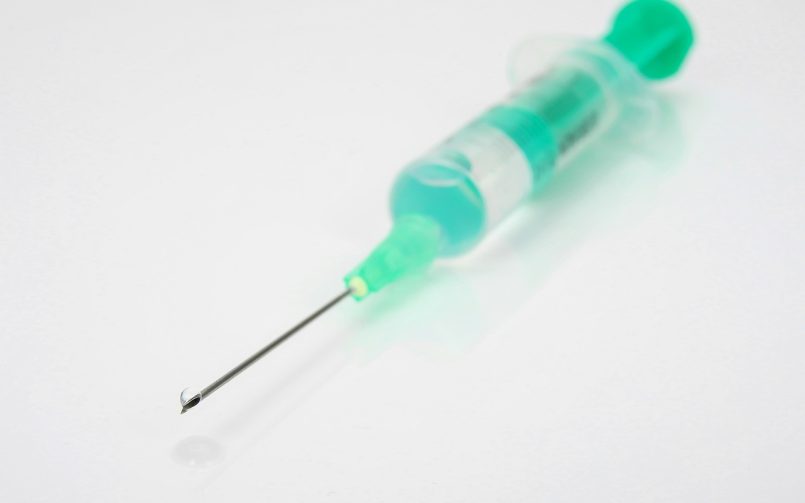In the USA, a therapeutic vaccination for prostate cancer has been approved for the first time. Doctors there are allowed to use sipuleucel-T in asymptomatic or minimally symptomatic patients with hormone refractory (hormone deaf) prostate cancer (HRPC) …. Due to limited resources, the use remains restricted to a few patients. Just three years ago, the FDA (Federal Drug Administration) had banned the company from approval.
Sipuleucel-T is not a preventive vaccine like, for example, the vaccine against hepatitis B or human papilloma viruses, which prevent cancers in the liver or cervix by protecting patients from the cancer-causing viral infections. Rather, it is a “therapeutic” vaccine designed to boost the body’s own immune defences against the cancer cells. This approach is better known as autologous cellular immunotherapy.
In the first step, immune cells are taken from the patient’s blood. These are then brought together in the laboratory with the antigen PAP (prostatic acid phosphatase). PAP is found in 95 percent of all prostate cells. The immune cells are sensitised to PAP with the help of adjuvants (additives) and then infused into the patient intravenously. There, they attack all cells that express PAP, i.e. the tumour cells in particular.
Sipuleucel-T has to be adapted to each individual patient, so it is an individual vaccination. This is very complex, which may not only explain the high cost of 93,000 US dollars per treatment. There are also supply bottlenecks. The producer, Dendreon Corporation, reportedly only has production capacity for about 2,000 patients per year (with approximately 192,000 new cases in the USA per year).
This was completed by a phase III trial in 512 patients. In this IMmunotherapy for Prostate Adeno Carcinoma Treatment ( IMPACT) trial, sipuleucel-T had extended survival from 21.7 to 25.8 months. This means that the vaccine cannot cure the cancer in its advanced stage. The results are roughly comparable to chemotherapy with docetaxel, which is also used for HRPC (there, the cancer-specific survival is increased from about 16 to 19 months).
Side effects: The most common are chills, fatigue, back pain, nausea, bone pain and headache. Most side effects are mild, but about 25% of patients suffered severe complications in the trials. In addition to acute infusion reactions, these included haemorrhagic and ischaemic strokes. They were observed in 3.5% of patients on sipuleucel-T therapy compared to 2.6% in the control group.
Note from Dr Keul:
For many years, a wiksame therapy option for advanced hormone-deaf prostate cancer has been sought. Tumour vaccination for prostate cancer is not new and was already carried out in Germany in the 1980s by Prof. Rothauge in Giessen for prostate cancer as well as for melanoma (black skin cancer) and colon cancer.
I myself performed this on patients with kidney cancer during my time in Offenbach and Bremen with varying degrees of success. The difference to the vaccination now offered here is that at that time we always took the cancer cells for the production of the vaccination directly from the tumour or the metastases – which is even more effective – active autologous tumour vaccine.
In the 1990s, several companies in Germany specialised in the preparation of vaccines. However, since the health insurance companies refused to cover the costs (approx. 10,000 €), the preparation was discontinued.
